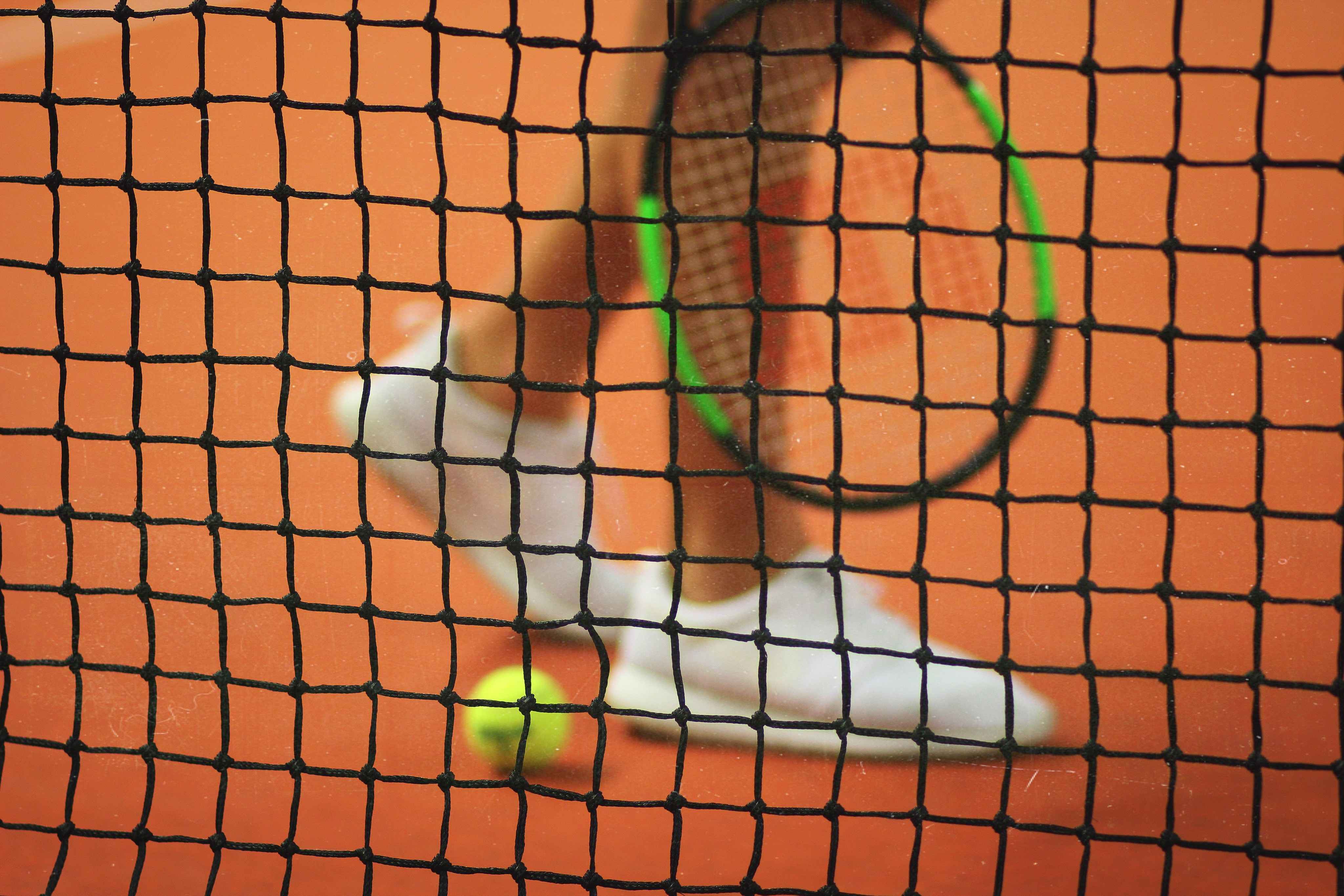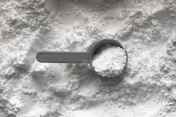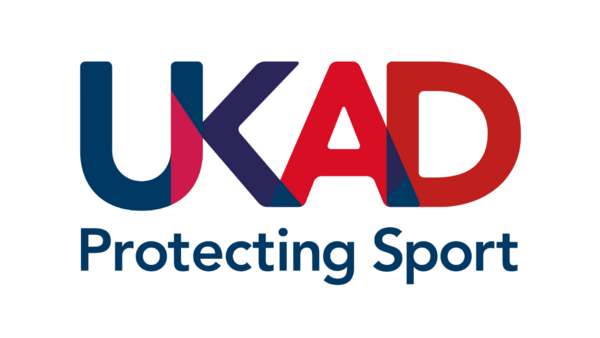Introduction to Anti-Doping and Clean Sport
Content approved by:
Anti-doping refers to the efforts and rules in place to prevent athletes from using banned substances or methods to gain an unfair advantage. The goal is to ensure fair competition and protect the integrity of sports.
Athletes must follow strict rules and regulations regarding the use of medications, supplements, and treatments. Anti-doping organisations, such as the UK Anti-Doping (UKAD) and World Anti-Doping Agency (WADA), enforce these rules and impose penalties on athletes who violate them.
Athletes are more likely to be subject to anti-doping testing when they reach higher performance levels, which can mean certain school-age athletes. They can be randomly tested at any age, time, or place. If an athlete is under 18, they are considered a minor and will be subject to a modified process. For more information, see our lesson ‘How Drug Testing Works’.
Despite well-publicised cases depicting the shame that follows a ban and the catastrophic effect that the resulting time away from sport can have on a career, some athletes are not deterred.

Why Some Athletes Dope
-
They may see others around them using banned substances and succumb to peer pressure. Being easily influenced/led by others can result in them following the crowd/FOMO.
-
An overwhelming need for success/fame might instil a ‘win at all cost’ attitude. They may see taking a banned substance as their only chance of achieving their desired performance.
-
The desire for personal achievements can overshadow ethical considerations.
-
They may experience external pressures to succeed from coaches, sponsors, or associations and may even be encouraged to dope by an unethical coach, for example.
-
They may perceive the risk of detection to be small due to the infrequency of testing and believe they won't get caught.
-
Their environment may be one where it's easy to access banned substances.
-
They might not have been adequately educated to know that what they are doing is violating the rules.
-
They might not have been adequately educated to understand the potential dangers to health and subsequent consequences of doping.
-
Feelings of desperation eg. following an injury, may override their ability to make appropriately considered decisions.
Parental Influence
How an athlete views the act of doping will depend on their attitude towards it and their beliefs.
These are generally formulated from the information they acquire (from what they read or hear from others), and through the influence of people, they view as significant, e.g. you as parents, their coaches, training partners and other athletes they may look up to.
Your athlete might pick up on what you say and how you react to, for example, news of a banned athlete, and use this information to formulate their own attitudes and beliefs towards the subject. By reacting in a disapproving way and pointing out the apparent morality issues, i.e. cheating and denying another athlete of what should rightfully be theirs in the case of a doper winning a medal, you’re sending out a clear message to your own athlete that you wholly disapprove and have no respect for drug cheats.
The hope is that these attitudes and beliefs will be strengthened over the years and will become enduring; in other words, they will override, for example, peer pressure to dope or temptation to dope resulting from desperation to achieve specific goals, etc.
Understanding the various factors contributing to an athlete’s decision to dope allows parents to provide appropriate information and a positive influence during the formative years. What you say matters!
Thankfully, most athletes want to uphold the principles of integrity and fair play, especially regarding doping. You will play a huge role in educating and positively influencing your own athlete to ensure they are one of them.
Start early… attitudes and beliefs form during childhood and the teenage years. This is when your input can be the most influential. Helping them understand and, importantly, believe that external performance enhancers are not necessary to unlock their full capabilities will be one of the most valuable. Their natural ability, combined with hard work, dedication, good nutrition, and good sleep habits, are the keys to genuine success. True satisfaction will come from achieving their goals through their own merit.
Note: Choosing not to go down the supplement route will remove a huge swathe of risk. Read more about this in our lesson on the risks associated with supplement use.

Take Home Points
- Many reasons can cause an athlete to dope.
- Anti-doping education is essential... for them and you.
- Parental influence can be a game-changer. What you say matters.
-
Respected athletes compete with integrity.
If you've found this information helpful, we've created The Athlete Place, our athlete-specific platform that will inform, motivate and inspire your athlete...
Evidence-Based Research
Our content is supported by:
-
Blank, C., Leichtfried, V., Schaiter, R., Fürhapter, C., Müller, D. and Schobersberger, W., 2015. Doping in sports: Knowledge and attitudes among parents of Austrian junior athletes. Scandinavian journal of medicine & science in sports, 25(1), pp.116-124. (View Paper)










0 comments
Leave a comment
Please log in or register to post a comment